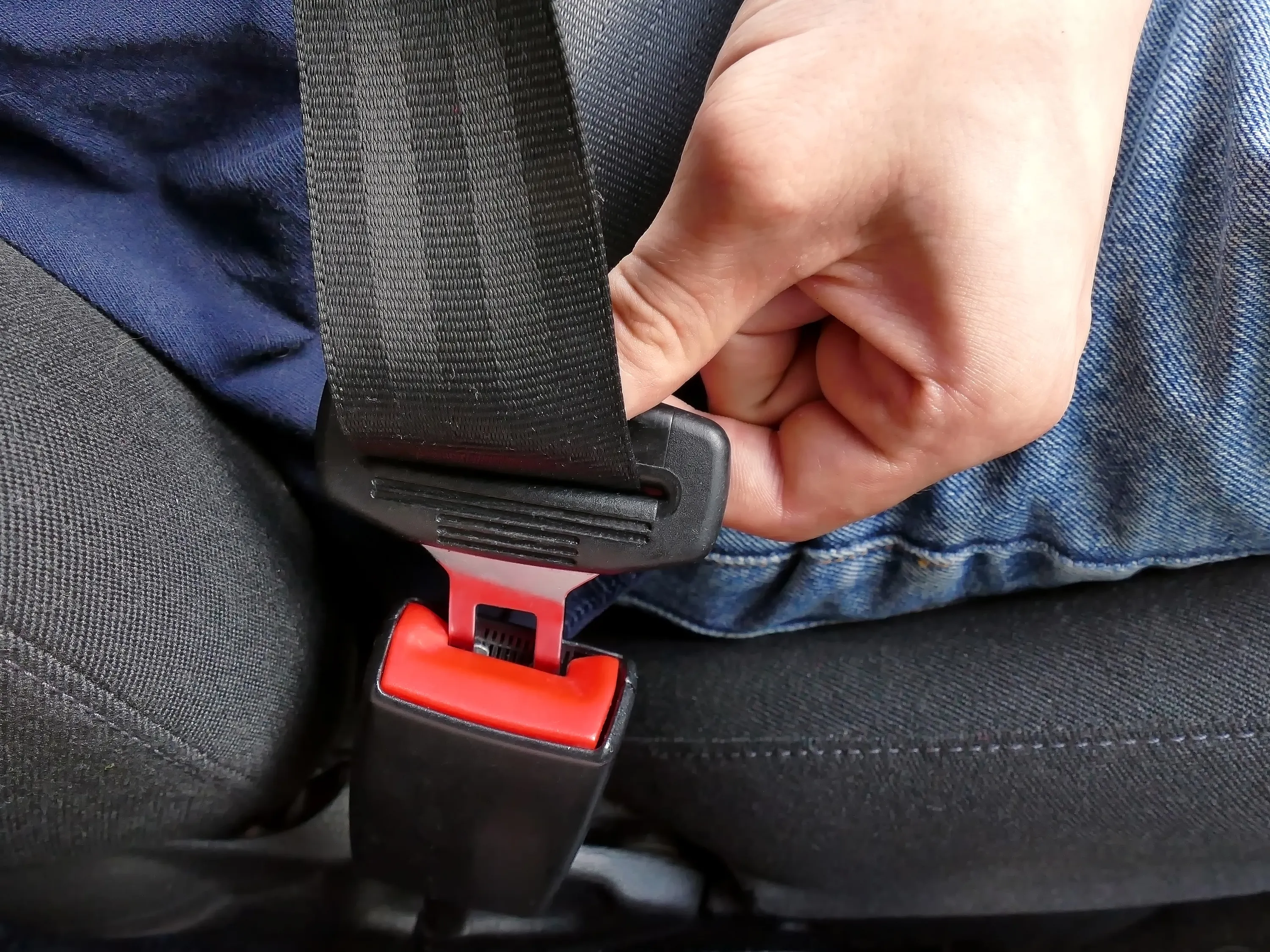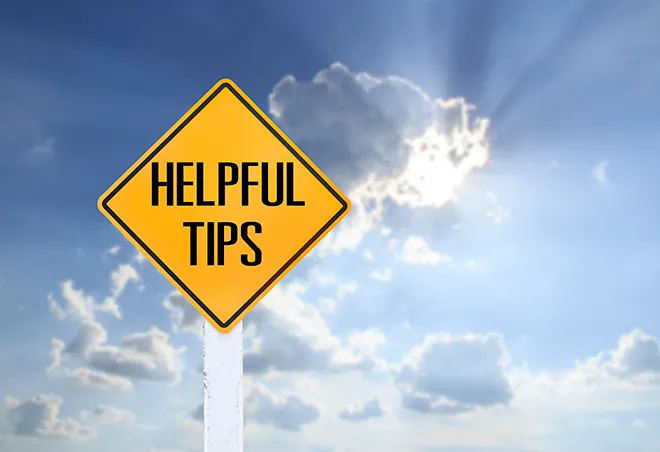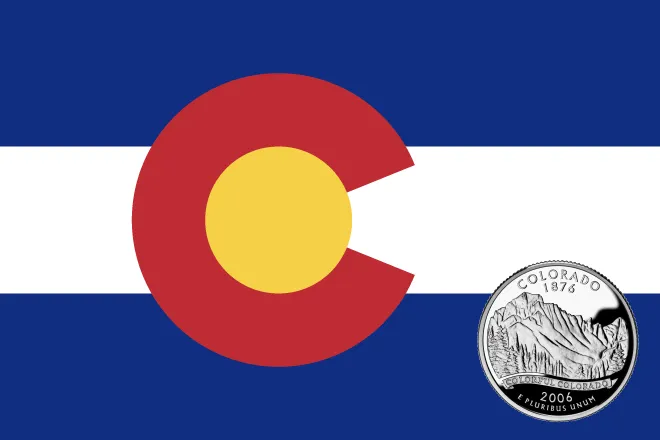
Create a Pet Preparedness Disaster Plan
Colorado has had its share of natural disasters. In trying to become better prepared, you may discuss and create plans for yourselves and family, but there is one family member who is often overlooked – your pet. One of the reasons people are most likely to return to danger zones is to save their pets. Do you have a disaster plan in place for your pet(s)? They depend on us for their safety, and being prepared can make all the difference in a life threatening situation. Check out the pet preparedness tips below:
- Build a Kit. Just like we should do for ourselves, create a 72-hour preparedness kit for your pet. Make sure they have extra food, water, medications and toys in case you are unable to get to a store or are forced to evacuate on short notice.
- Have a Plan. Your plan needs to include how you will transport your animals in an evacuation, possible routes you will take and your destination or sheltering options. Know which friends, relatives, boarding facilities, or animal shelters can care for your animals in an emergency. Have a list of phone numbers readily available.
- Know Your Neighbors. Meet your neighbors before a disaster strikes and develop a plan for the neighborhood for pet assistance. If a disaster occurs while you are at work or away from home you may need assistance from a neighbor in reaching your pets.
- Vaccinate. Make sure that your pet’s vaccinations are current and that all dogs and cats are wearing collars with securely fastened up-to-date identification. Many pet shelters require proof of current vaccinations to reduce the spread of disease.
- Microchip. Consider having your pet microchipped by your veterinarian. This could help you locate your pet if you become separated from him/her during an emergency.
Preparing your pet is a very important aspect that is often forgotten. Pet preparedness will give you peace of mind while keeping them safe during an emergency. Just remember, if it is not safe for you to stay during an emergency, it is not safe for them either!
Resources
















